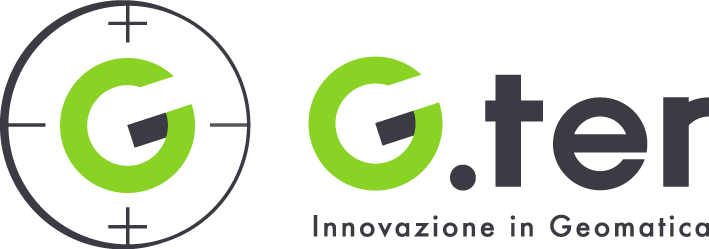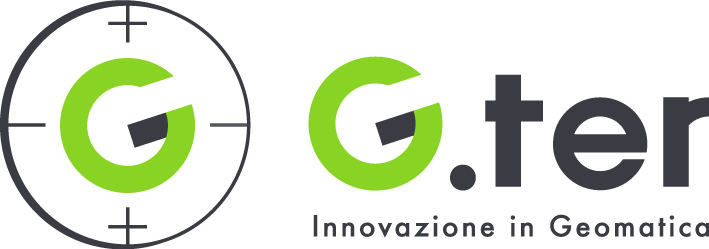We offer and deliver two QGIS courses:
- The Basic QGIS Course aims to train beginners or self-taught technicians in using QGIS, providing a solid theoretical foundation with a practical and targeted approach to operational needs.
- The Advanced QGIS Course aims to delve deeper into topics related to more advanced use of the QGIS software. It is assumed that participants already have solid familiarity with the software, as its core functionalities will not be covered in detail.
Classes are conducted live online by the instructor.
The same lessons will also be recorded and made available to participants at any time for up to 30 days after the course concludes.






